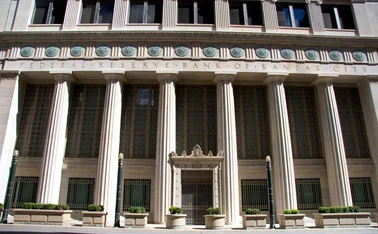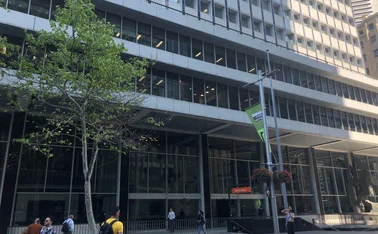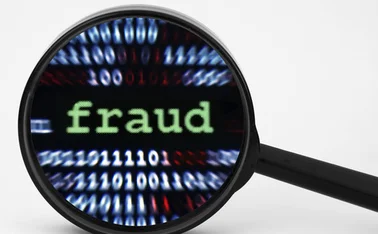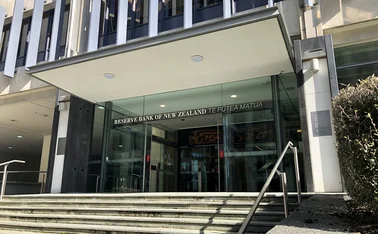
RBI increases payments surveillance during elections
Indian central bank tells system operators to watch for suspicious transactions, report says
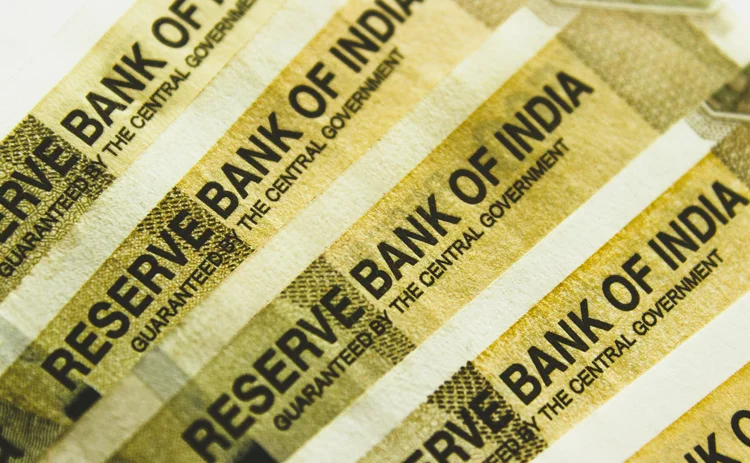
The Reserve Bank of India (RBI) has instructed payment system operators to track potentially suspicious transactions amid ongoing elections, a business newspaper has reported.
“In a letter dated April 15, the RBI asked payment system operators to prevent any potential misuse of electronic fund transfer mechanisms to influence voters or indirectly fund poll candidates,” the Economic Times reported today (April 22). The newspaper said it had seen a copy of the letter. Central Banking has approached the RBI for comment.
General elections began on April 19 and will take place in seven phases, concluding on June 1. Indian elections are highly expensive with parties spending heavily on campaigning, advertising and even bribing voters, observers say.
The Election Commission of India said on April 15 that it seized assets, including cash, worth 46.5 billion rupees ($557.7 million) of “inducements” between March 1 and April 13. It said this was a significant increase on the amount it seized in the previous general election year of 2019. The share of cash among the seized assets was $47 million, compared with $247 million in drugs, the highest share.
Consumers are increasingly making digital payments through the Unified Payments Interface system.
“Historically, cash in circulation has gone up during elections,” the Economic Times said. “And the RBI has typically instructed banks to monitor movement of cash.”
On February 15, the Supreme Court ordered an end to an electoral bond scheme, through which companies and individuals donated to political parties anonymously. Details made public after the verdict revealed that the ruling Bharatiya Janata party received nearly half of all contributions to the tune of $726 million.
The RBI had expressed reservations when the government proposed the electoral bond scheme in 2017, saying it could be misused by shell companies, media reported.
Only users who have a paid subscription or are part of a corporate subscription are able to print or copy content.
To access these options, along with all other subscription benefits, please contact info@centralbanking.com or view our subscription options here: http://subscriptions.centralbanking.com/subscribe
You are currently unable to print this content. Please contact info@centralbanking.com to find out more.
You are currently unable to copy this content. Please contact info@centralbanking.com to find out more.
Copyright Infopro Digital Limited. All rights reserved.
You may share this content using our article tools. Printing this content is for the sole use of the Authorised User (named subscriber), as outlined in our terms and conditions - https://www.infopro-insight.com/terms-conditions/insight-subscriptions/
If you would like to purchase additional rights please email info@centralbanking.com
Copyright Infopro Digital Limited. All rights reserved.
You may share this content using our article tools. Copying this content is for the sole use of the Authorised User (named subscriber), as outlined in our terms and conditions - https://www.infopro-insight.com/terms-conditions/insight-subscriptions/
If you would like to purchase additional rights please email info@centralbanking.com
Most read
- BIS’s Zhang Tao on why Asian central banks favour a broader policy mix
- Central bank of the year: Central Bank of Brazil
- ECB staff speak out against changes to internal survey
